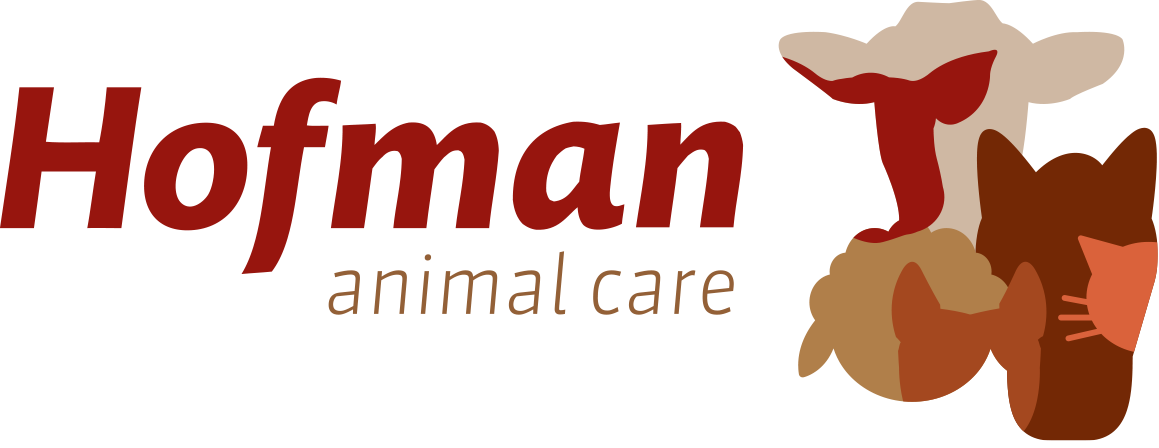Summer is when cattle are most likely to suffer from heat stress, especially as periods of prolonged, high temperatures have become more frequent in recent years. The ideal ambient temperature for cows is between -5°C and 18°C. At temperatures above 20°C and high humidity, cows already experience heat stress. In principle, a cow can tolerate temperatures up to 30°C, only then the body has to use more energy to cool itself.
The risks of heat stress
Cows may eat less during hot periods, they become less active and the risk of inflammation (such as of the claws and udders) increases. Unfortunately, this also has a negative impact on milk production. To support cows during warm periods, you can take the measures below.
Taking measures during warm periods
1. Adjust the grazing regime. Leave cows in the barn during the hottest part of the day and let them out to pasture in the morning and evening. If it is too hot all day, cows could possibly go out to pasture during the night.
2. Cool the cows actively, using fans. When it is hotter than 30°C, combine this with cooling with water. Keep the udders dry for hygiene reasons.
3. Provide sufficient drinking water. During hot periods, water requirements can increase by up to 50%. This water should preferably not be too cold, as this may reduce water intake. Give calves extra water between feedings and make sure fresh drinking water is available.
4. Feed cows more often. In hot weather, feed is more likely to become less fresh and this can limit feed intake. In that case, it is better to feed twice outside the hottest times of the day. Also ventilate in the feeding alley, which helps to keep feed fresh for longer. To give cows extra energy, you can use Toprium. This tasty complementary feed helps maintain a healthy cow and optimal energy supply. The Lick Block Energy increases the energy density of the ration and Direct Indigestion stimulates rumination. Optionally, Direct A-Perin can also be used. This product contains polyphenols, antioxidants that support the cow to maintain body temperature.
Often the intake of roughage is less in warm weather. If cows also stand more, ruminate less and breathe faster in the process, rumen acidification can occur. Direct Bicarbonate contains high-quality bicarbonate for a rapid increase in rumen pH.
5. Counteract mineral loss. In warm weather, cows lose macrominerals, such as sodium, more quickly. Place licking stones (such as Natural, Minerals or Himalaya) so the cow can take in minerals on its own. A long-acting mineral bolus ensures an optimal daily supply of trace elements.
6. Prevent limping. In warm weather, cows lie down less and walk to the water trough more often, increasing the risk of limping. Make the cubicles attractive and comfortable to encourage lying down. Lickstone Biotin can be used to support the maintenance of healthy and strong claws. Besides biotin, this lick also contains iodine, cobalt, selenium and zinc, among others.
7. Ensure good cubicle hygiene. Bacteria in the cubicle litter grow faster during warm weather, increasing the risk of acute mastitis or an increased somatic cell count. Use Stable Sprinkle Plus in the cubicles to absorb moisture effectively. The product also contains organic inhibitors such as magnesium, calcium and iron. With Maxi Udder Paper you can clean the teats and with Superon or Maxi Subliem CP you can disinfect the teats. For external udder care, Ice Mint or Gold Mint can be used and for internal care a bolus (such as Direct Black Garlic or Uno Masti Bolus) can be used.
8. Combat nuisance flies. There are more flies in warm periods, which can cause agitation and stress. To catch flies in the barn, you can choose fly tape, fly roll or fly lamps from Knock Pest.


